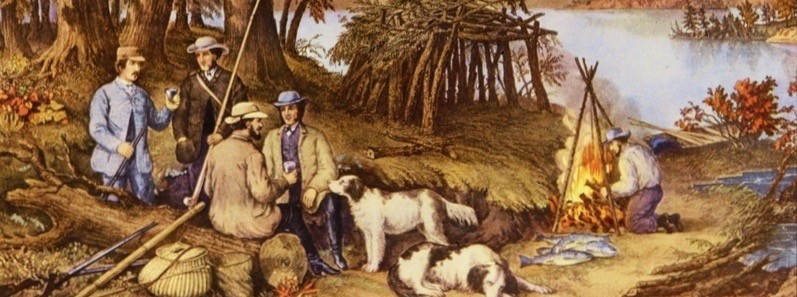Companion Species in North American Cultural Productions
International Symposium at the Université de Toulouse Jean Jaurès, France
Nouvelle Maison de la Recherche E 412
Friday, June 17, 2016
900am – Conference Opening
915am-1015am – Keynote
Scott Slovic, University of Idaho, USA, Dogs as Sensory Extensions of Self: A Gift
1015am-1040am – Coffee Break
1045am-1230pm – Morning Session: Man and Bear
Benedict Fullalove, Alberta College of Art & Design, Canada, Thinking Bears
James R. Goebel, University of California, Irvine, USA, “The bear was all cut open, it was full of people”: The Creaturely and the Meaty in Herzog’s Grizzly Man
Oliver Völker, Johann Wolfgang Goethe-Universität, Germany, “Chaos, hostility, and murder”: Animals as Metaphor in Werner Herzog´s Grizzly Man
1230pm-200pm – Lunch
200pm-300pm – Keynote
Tom Lynch, University of Nebraska-Lincoln, USA, Companions in Restoration: Buffalo Ranching as Interspecies and Intercommunity Reconciliation, The Case of Dan O’Brien’s Wild Idea
300pm-325pm – Tea Break
330pm-515pm – Afternoon Session: Writing Against Extinction
Geneviève Dragon, Université de Bretagne, Rennes 2, Cellam, groupe Phi, Man and Wolf: The Intanglible Border Between Nature and Culture in Cormac McCarthy’s The Crossing
Elizabeth Curry, University of Oregon, USA, Animal Sacrifice and Survival in TC Boyle’s When the Killing’s Done
Qianqian Cheng, Université de Toulouse Jean Jaurès, France, Extinction, Ancient and New: Loren Eiseley’s poetics and a Bone Hunter’s Meditation on Humanity and Animality
The conference program can be downloaded here.

 We are very excited to announce that
We are very excited to announce that 